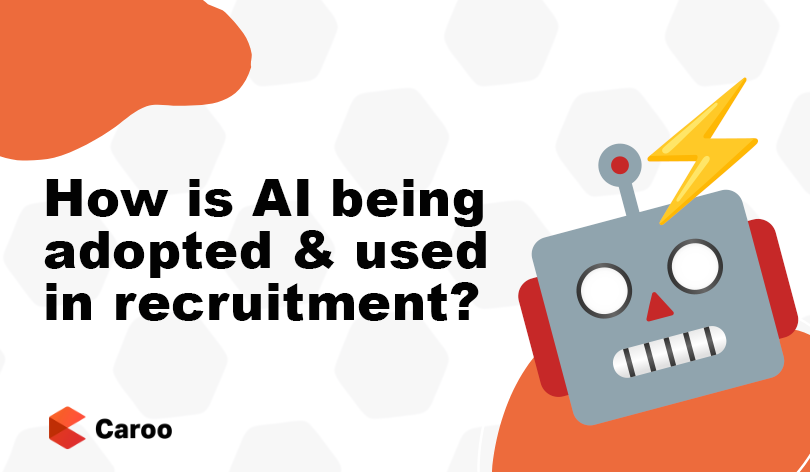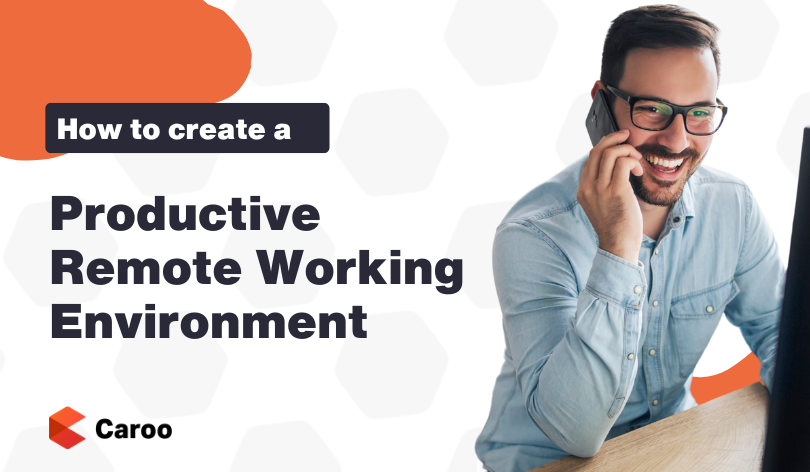Recruitment agencies play a crucial role in connecting job seekers with potential employers.
However, understanding their pricing structure can be a daunting task.
In this blog, we will delve into the world of recruitment agencies and explore the topic of how much they charge and ultimately, whether they’re worth it.
Join us as we demystify the pricing models of these agencies and shed light on the matter.
The typical cost of a recruitment agency.
Contingency Fee
This fee is typically a percentage (industry standard falling in at around 15-30%) of the candidate’s first-year salary, paid by the employer upon successful placement. It is contingent on the agency finding a suitable candidate.
Retainer Fee
Some agencies may require an upfront retainer fee, which employers pay to secure their services. This fee is usually independent of the outcome and is paid regardless of whether a candidate is hired through the agency.
Flat Fee
Certain agencies charge a fixed fee for their services, irrespective of the candidate’s salary. This approach simplifies the pricing structure and ensures consistency.

Understanding additional costs & considerations
While the core fees are the primary components, it’s important to be aware of any additional costs or hidden charges. These can include advertising fees, candidate screening expenses, or background check costs.
To avoid surprises, it is advisable to review the terms and conditions carefully to avoid any surprise bills.
Before I commit, do recruitment agencies work?
The short answer is yes.
Recruitment agencies can be an incredibly valuable asset for employers, offering extensive industry knowledge and a vast network of qualified candidates.
By partnering with an agency, employers can streamline their hiring process, tap into a source of passive candidates, and benefit from the agency’s expertise in candidate screening and sourcing.
However, not all agencies are one the same. It is crucial for employers to choose reputable agencies that align with their specific needs, establish clear communication and expectations, and actively engage in the recruitment process to ensure a successful outcome.
By leveraging the resources and expertise of recruitment agencies, employers can enhance their talent acquisition strategies and secure the right candidates for their organisational needs.
Is working with an agency even worth it?
Before we start to consider whether the expense of a recruitment agency is worth paying for, let’s evaluate the value provided by recruitment agencies.
While fees may seem like an additional expenditure, agencies can offer several benefits such as access to a broader network, industry expertise, and time savings for both job seekers and employers.
Consider weighing these advantages against the associated costs and the time it’d take to establish & develop these skills and connections yourself.
Do I have to pay if I place a candidate they put forward?
The payment terms between employers and recruitment agencies can vary, but typically, if you place one of their candidates, you will be required to pay a fee.
This fee, known as a contingency fee, is usually a percentage of the candidate’s first-year salary and is paid to the agency upon successful placement.
It is important to establish the fee structure and payment terms with the agency beforehand to avoid any misunderstandings.
Some agencies may offer alternative fee structures such as a flat fee or a retainer fee, which may require payment regardless of the hiring outcome.
It is advisable to clarify the payment terms and any additional costs associated with the recruitment process before committing to working with a specific agency.
Do recruitment agencies check references?
Yes, recruitment agencies often include reference checks as part of their candidate evaluation process.
These checks involve contacting provided references to verify a candidate’s work history, performance, and character.
By conducting reference checks, recruitment agencies aim to gather additional insights to make informed decisions about potential hires.
Will a talent partner interview on my behalf?
Yes, recruitment agencies typically conduct interviews with candidates as part of their screening and evaluation process.
These interviews allow the agency to assess a candidate’s qualifications, skills, experience, and cultural fit for potential job opportunities.
By conducting interviews, recruitment agencies aim to ensure that candidates meet the requirements and expectations of employers before recommending them for specific positions.
How do recruitment agencies find candidates?
Different agencies have different tried & tested methods of candidate sourcing.
Most agencies will use job boards to actively headhunt candidates that have either posted their CV publicly or have applied for a listed job that the agency has posted themselves.
This is an excellent way of securing active talent but falls short on attracting passive talent.
Established agencies will often have their own data pool and will market roles to them frequently. These types of agencies can often supply higher quality talent than those that simply rely on job boards as the relevancy levels are much more focused.
Some staffing firms have been known to run ad campaigns or source by referrals.
What is active talent?
Active talent refers to individuals who are actively seeking new job opportunities.
These candidates are actively applying for positions, networking, and engaging in job search activities.
Recruitment agencies often focus on this group of candidates as they are readily available and motivated to secure new employment.
By actively pursuing job opportunities, these candidates demonstrate their openness to change and their eagerness to explore new career options.
What is passive talent?
Passive talent refers to individuals who are not actively seeking new job opportunities but possess desirable skills and experience.
These candidates are often targeted by recruitment agencies and employers due to their valuable expertise and track record of success.
Agencies employ proactive strategies like networking and direct outreach to engage with this talent pool.
How do I find the right agency for me?
There’s a number of methods you can put to use in order to find the most suitable recruitment agency for you.
Firstly, consider your industry. Are there any specialist recruitment agencies out there that can address your hiring needs faster than normal? Agencies that currently operate in your space will have their own sources of candidate data they can put to use, leading to higher quality fills and ultimately, a quicker time to hire.
Secondly, ask for recommendations. Is there anyone in your immediate network that can suggest an agency they’ve used in the past? Word of mouth is always a strong indicator of a previous job-well-done.
Finally, approach a number of agencies and ask questions. Let them pitch to you, but ask for the data to back it up. Don’t sign any retained search agreements until you’re confident that the agency can do the job effectively.
Taking on an agency on a contingent basis to let them prove themselves is always a good call, as usually, if they don’t place the right person they don’t get paid.
Or, you could just use Caroo...
We began life almost 7 years ago as a platform called CheekyCV and we’ve come a long way since then. We’ve spent years developing our own talent pool of both active & passive job seekers across tech, marketing & sales.
So, if you’re hiring a new Sales Exec, Product Marketing Manager or you’re just simply looking to stick another .net developer on your team, let Caroo help. We wont disappoint! 🙌
Conclusion
Understanding the pricing structure of recruitment agencies can help job seekers and employers make informed decisions.
By exploring the various fees charged and considering the value offered, individuals can navigate the recruitment landscape more effectively.
Remember to assess the terms and conditions thoroughly before engaging with an agency. May this knowledge empower you in your quest for professional opportunities!





